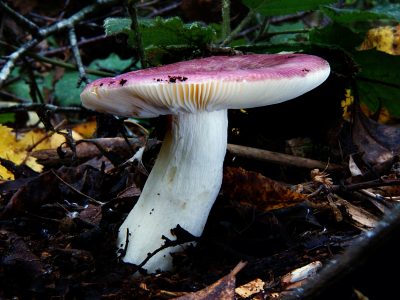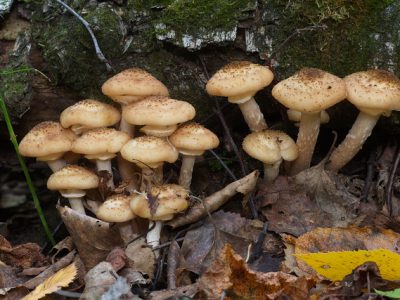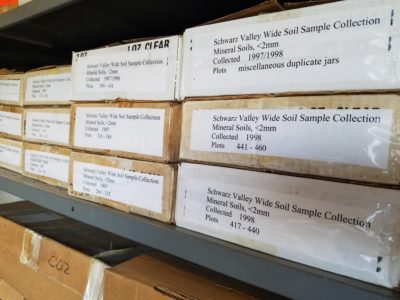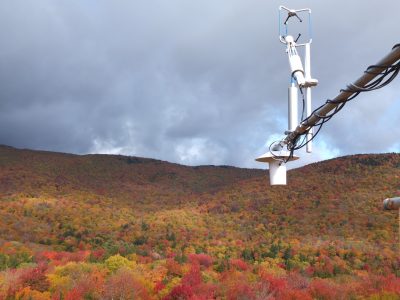A Glimpse into the Future: How Land Use Decisions Will Impact Forest Function

How can researchers project the ways in which land-use changes will affect ecosystem services when they don’t yet know what course development will take? Integrated scenario analysis models several possible trajectories to examine the interactive effects that land-use change could have on ecosystem structure and function.












